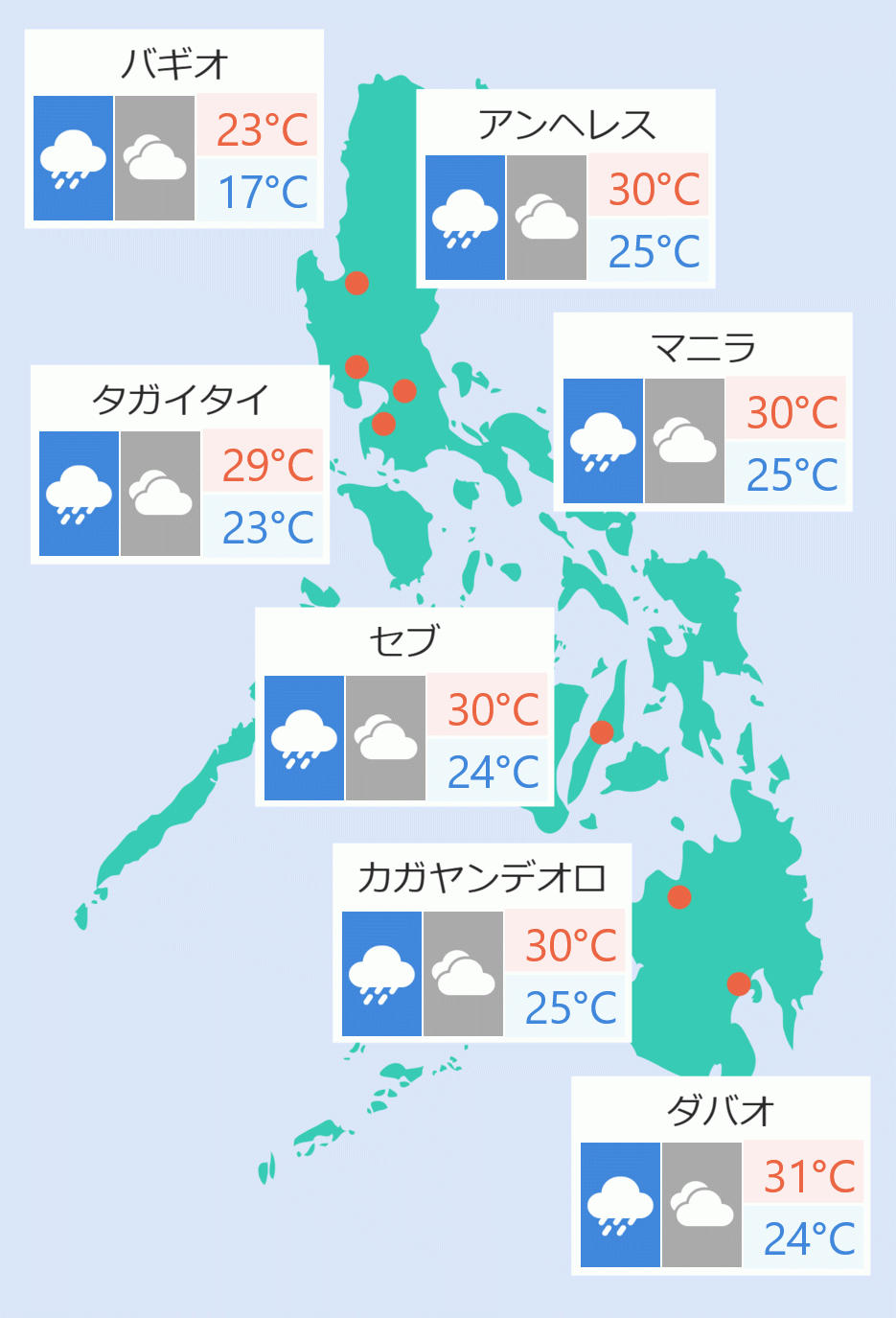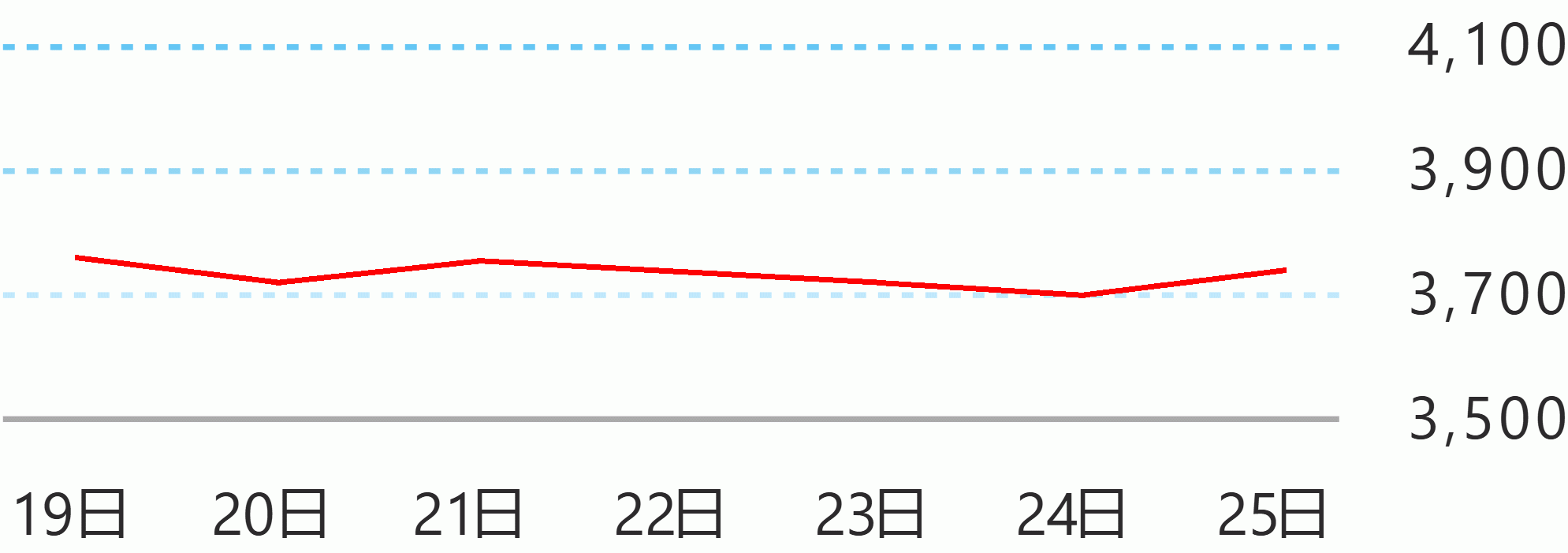Malacanang acknowledged on Monday the "honeymoon" period for President Rodrigo Duterte was over and the death of teenagers in the war against drugs could be the reasons for the slip in his net satisfaction and trust ratings in the third quarter.
The September SWS survey showed that Duterte's net satisfaction and trust ratings fell by 18 points to "good" +48 and 15 points to "very good" +60, respectively.
"The change in the President’s satisfaction rating, from 78 percent in June to 67 percent in September, and trust rating, from 82 percent in June to 73 percent in September, is expected given the fact that people start measuring their expectations usually after the honeymoon period, or after a year in office," said Presidential Spokesperson Ernesto Abella in a press briefing.
He said the honeymoon period is usually over after a year. But he added, "you know, the love is still there."
Asked if the death of some teenagers in the hands of the policemen could have affected Duterte's ratings, he said, "The surveys were done just within days of the National Day of Protest.
"And during that time, people were giving full vent with whatever feelings that they had," he said.
During the National Day of Protest, which took place on September 21, the thousands of demonstrators were condemning the death of 17-year old Kian delos Santos, 19-year old Carl Angelo Arnaiz and 14-year old Reynaldo de Guzman.
The SWS survey was conducted on September 23 to 27 among 1,500 adults nationwide.
Chief Presidential Legal Counsel Salvador Panelo said the drop in Duterte's ratings was "attributable to the killing of minor Kian and two others perceived to have been the result of police abuse, hence it is not a surprise."
But he said that like the other sectors of society, Duterte was also outraged by what was perceived to be unjustified killing by police officers.
Abella said the plunge on Duterte's ratings were "challenge" to the government in order to be able to deliver the full spectrum of public service.
He said the public, particularly the Classes D and E, were affected by any form of delay in the delivery of services, such as food, health and education. Celerina Monte/DMS





 English
English









